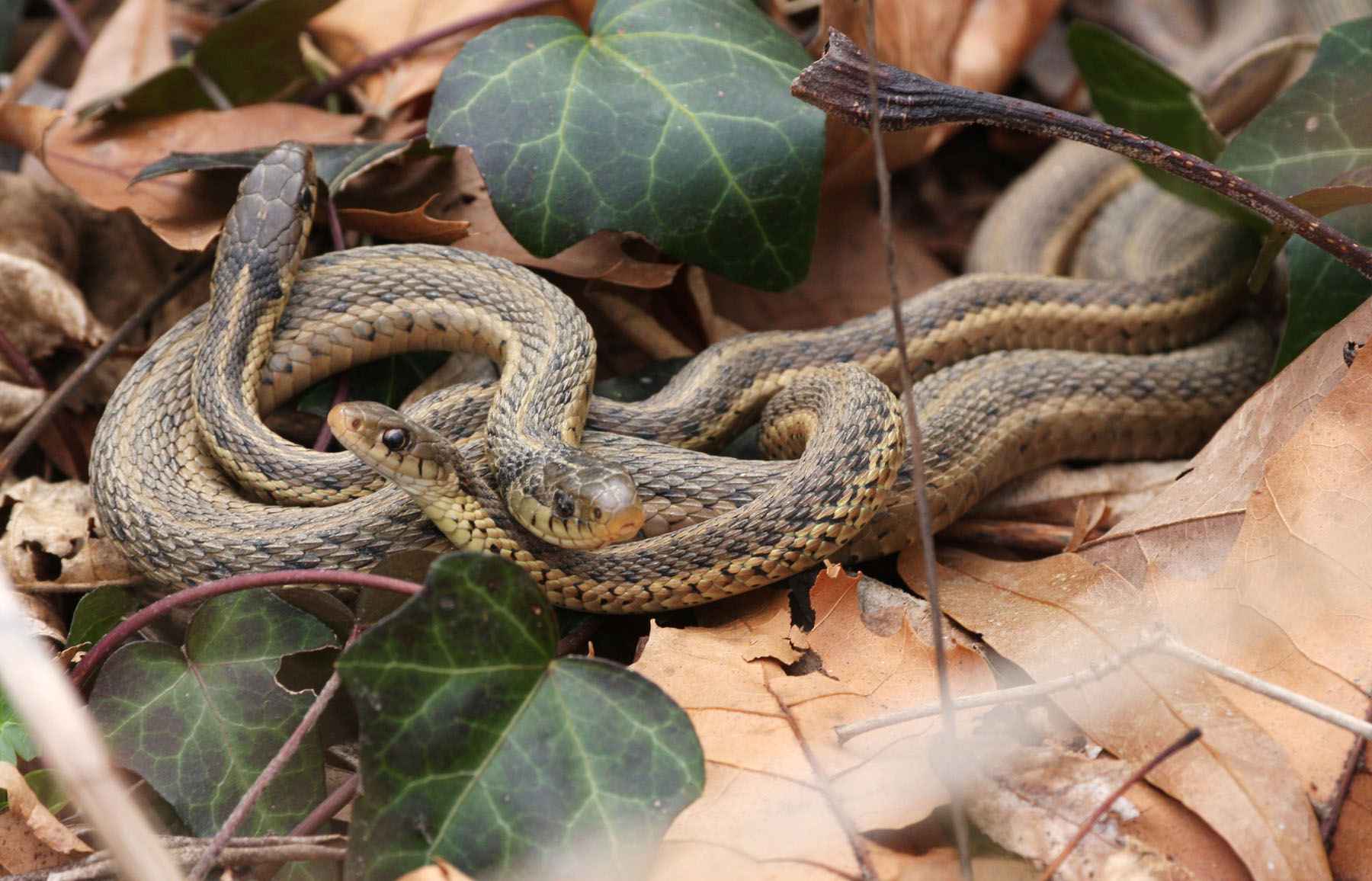Although snakes can actually be beneficial for your garden (they often prey on pests that eat your plants, like mice and beetles), they can also be extremely dangerous for your family and your pets. So let’s take a look at some natural ways to keep snakes out of your yard! This natural snake repellent is an obvious palace to start, of course, but you can double up by choosing the right things to put in your garden…
Plants
Marigolds
Not only are marigolds an attractive addition to your garden, they have the added benefit of repelling insects and reptiles, including some species of snakes. As an added bonus, they’re quite affordable and widely available.
Rauwolfia Serpentina
This is a common plant in parts of Asia. It contains a medical component that is known to cause nerve damage when it comes in contact with snakes.
Lemongrass (Cymbopogon Citratus)
Besides being an awesome addition to various dishes as well as beneficial in tea, lemongrass is also an excellent snake repellent. Apparently snakes really don’t like the smell from its leaves.
Natural Oils
The US Department of Agriculture actually uses all-natural oils to repel snakes. Here’s some of the oils that are effective at keeping snakes away:
- Cinnamon oil
- Clove oil
- Eugenol (derived from clove oil)
For best results, mix the essential oils into a spray bottle, using 4-8 drops per gallon of water. Then spray the area that is frequented by snakes. Another option is to place cotton balls soaked with the oil spray around your garden.
Fences
I know, your initial thought was probably something along the lines of “jeez, that’s a lot of work!”. And you’re absolutely right. Building a snake-proof fence can be quite labor-intensive and costly, but it’s also one of the longest lasting and effective method at keeping snakes out of your garden.
The general rule-of-thumb for a snake-proof fence, is to bury it at least 12 inches (30 cm) in the ground, with an above-ground height of at least 3 feet (90 cm) and have it angled outwards at approximately a 30 degree angle. Then you’ll want to attach hardware cloth with a maximum ¼” gaps.
Garden Design
Another way to keep snakes at bay which is often overlooked, but can be quite sufficient, is how you design your garden. Since snakes prefer larger “clumps” of plants and flowers, if you space out your plants, the area will be less enticing for snakes. Also, be sure to remove weeds and keep any grass trimmed to a low height.
Snakes, like all animals, need a source of water. So if your garden has areas that naturally collect rainwater, or you have features such bird baths or fountains, you’re more likely to see thirsty snakes :)
You also want to avoid these altogether, as they have been known to attract snakes:
- Star jasmine vine
- Beds of clover
- Flowerbeds with heavy mulch
- Rock piles
Traps
While traps aren’t necessarily “repellents”, they are a humane way to catch snakes, and then you can relocate them to a field or forest that’s far enough away from your house.
Here’s some various types of snake traps:
- Wooden box trap
- Funnel door trap
- Glue trap
Warning - if you don’t know what you’re doing, it can be very dangerous to attempt to trap a snake (especially the venomous kinds). Keep in mind that once trapped, you’ll need to move the trap and then release the snake, giving it plenty of opportunity to attack. It’s always safest to hire a professional to handle snakes.
Summary
As you can see, there’s many ways to repel snakes naturally. If you have a serious snake problem and the natural methods are not working for you, here’s some chemical snake repellent options. Choose one or more that make the most sense for your garden, time, and budget. Good luck!
Author
Hello! I’m Peng Junming Jimmy from NoSnake.com. Since I have a lawn I know how lawn owners and garden lovers are troubled by snakes. So, I started this blog to discuss the details of the best snake repellent devices and plants that used for repelling snakes.
